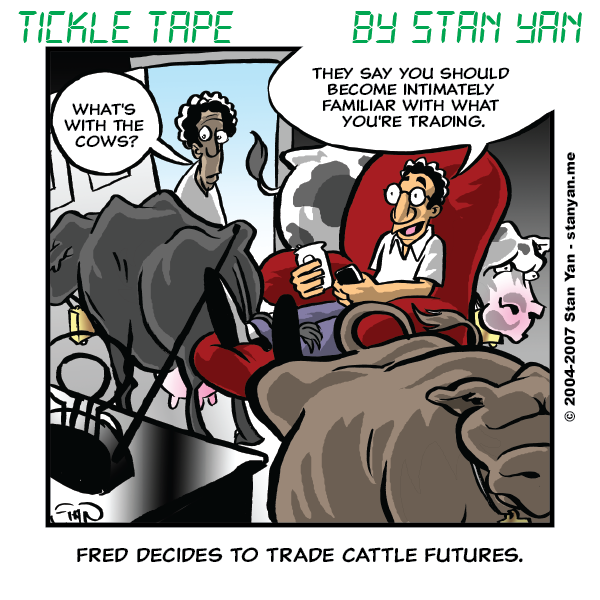Psychologist James Loehr (1997) argues “emotions run the show.” They drive everything. “The stock market is not driven nearly as much by world events as by how people respond emotionally to those world events,” according to Dr Loehr. The most important factor in increasing performance is emotional. “Consumed by anger, fear, doubt or hopelessness, you lock up inside and fall short of the mark again. What is possible for you remains tragically out of reach.” Unless you experience a full range of emotions and become emotionally tough, you’ll have trouble achieving a higher level of performance.
How do you become tougher emotionally? According to Dr Loehr, there are four indicators of emotional toughness: flexibility, responsiveness, strength, and resilience. By working on each of these areas, you can develop the emotional skills you need to improve your performance.
Emotional flexibility is the ability to be open, expansive, and non-defensive in the face of a crisis. There’s a strong tendency to blow a minor setback out of proportion and respond inflexibly. For example, when our trading strategy goes awry, or we face a temporary drawdown, our first inclination is to avoid the problem, rather than experience a range of emotions, such as a fighting spirit, humour, or enthusiasm. It’s important to experience a little bit of fear, but once you go there, it’s even more vital to think creatively, problem-solve and get past it. If you are open to different emotions, you’ll have an easier time moving forward, rather than remaining stuck and paralyzed.
It’s also important to be emotionally responsive. When facing a crisis, many people want to shut out their emotional experience. They are withdrawn and distant, estranged from their ongoing experience. But it’s essential to remain open to experience and ready to respond actively and creatively. If your trading method is failing, for example, it’s important to energetically try to revise it. You must actively study the markets, be open to current market conditions and accept them. Once you connect emotionally with the markets, you can find new solutions that weren’t obvious at first glance.
When facing a crisis, even a minor one, emotional strength and resiliency allow you to constantly exert a positive force to change matters. Rather than back down in defeat, it’s vital to show unfailing persistence. You must be able to quickly bounce back from a setback. Rather than be deterred, you must keep your overall goal in mind and keep striving for it.
Winning traders are emotionally tough. They are open to a wide range of emotions, stay connected to their ongoing experience, stay positive, and bounce back from a setback quickly and easily. The more you can build emotional toughness, the more rapidly you can enhance your trading performance.


